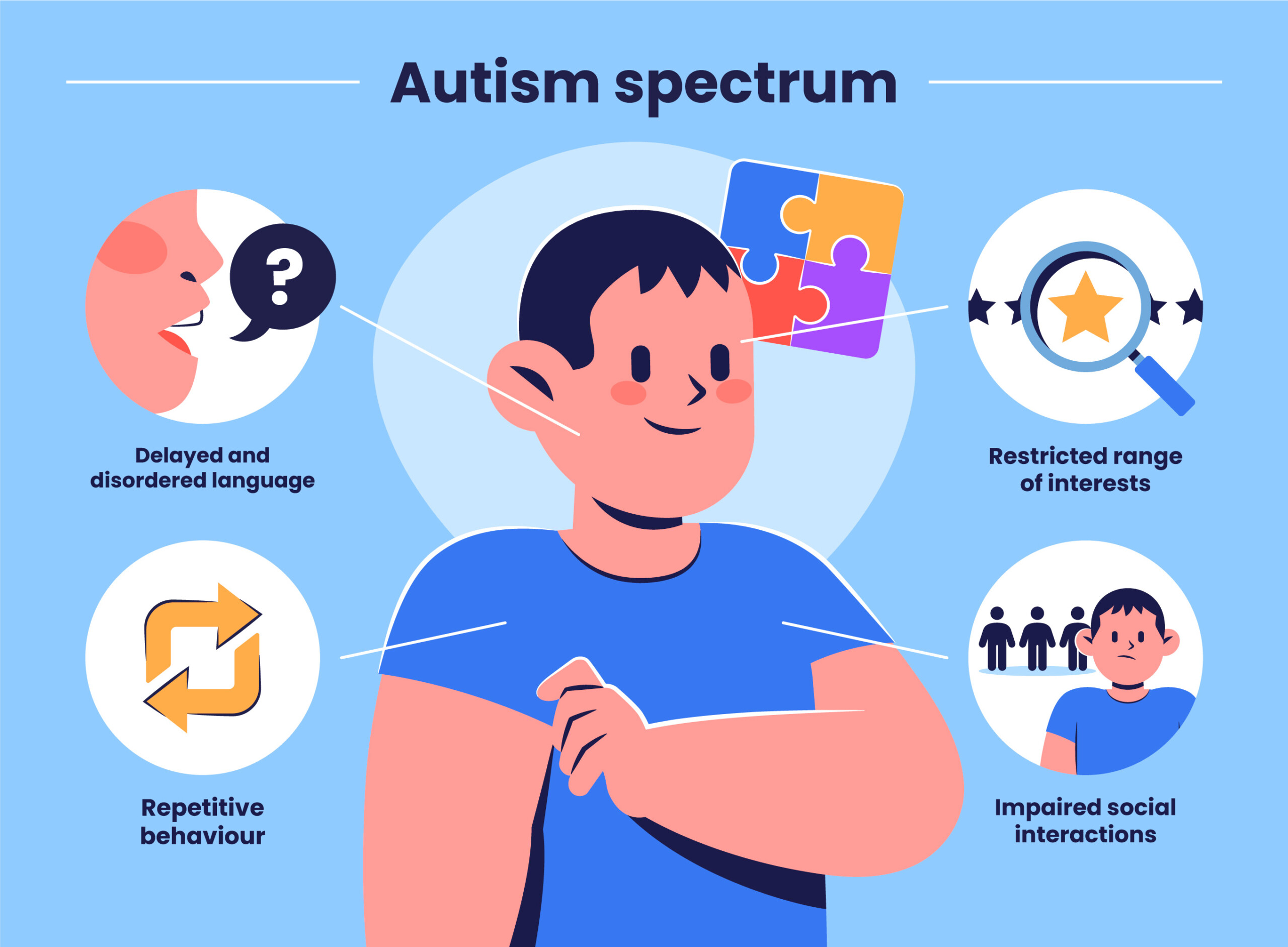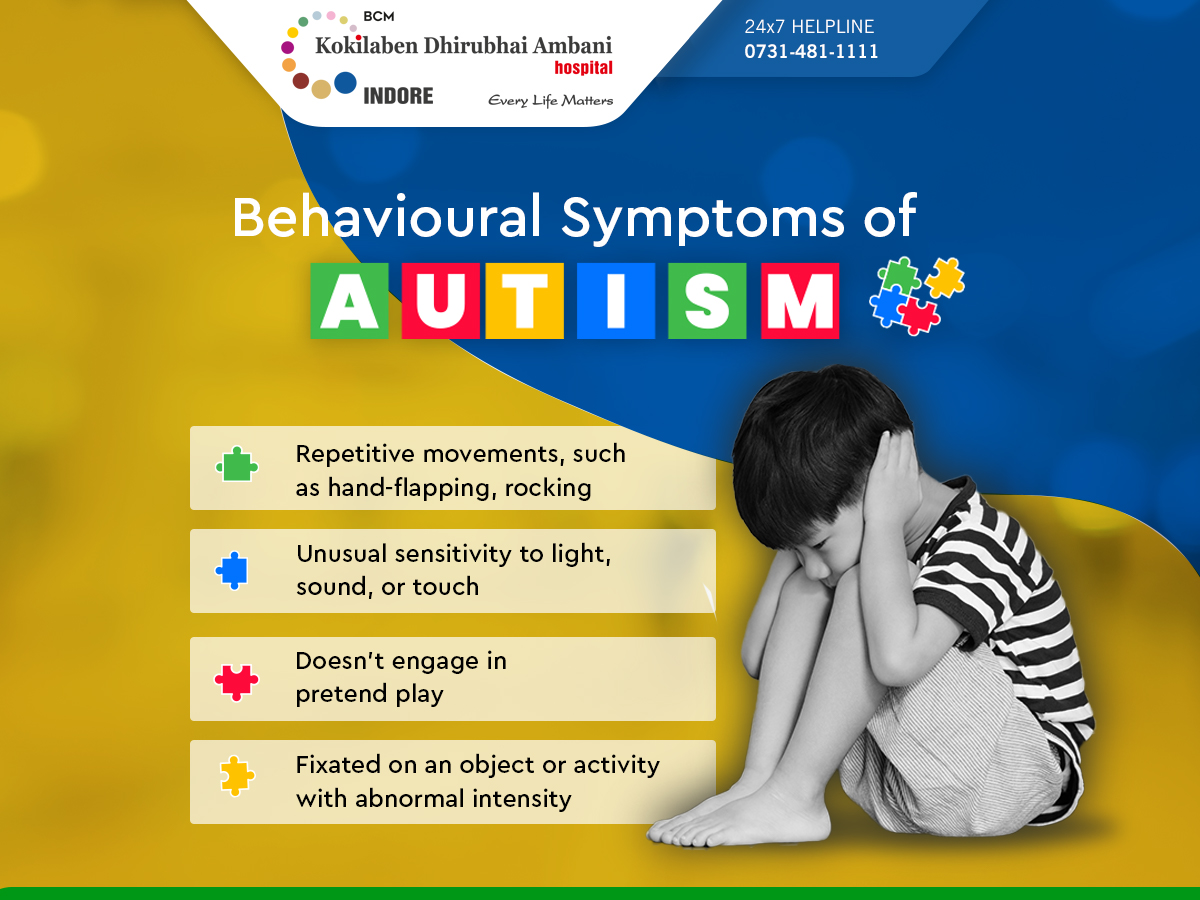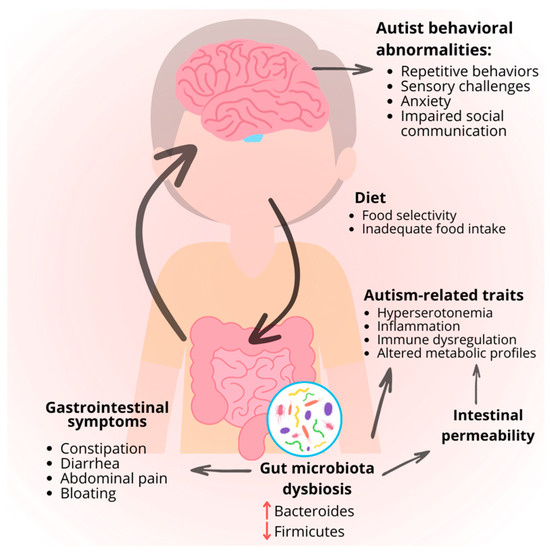Key Symptoms And Signs to Recognize in People With Behavioral Autism
When you run into someone with behavioral autism, acknowledging crucial indications and signs is essential. Furthermore, sensory level of sensitivities can lead to overwhelming experiences.
Obstacles in Social Communications
When you communicate with a person on the autism spectrum, you may notice they struggle with social hints and interaction. These difficulties can make social interactions feel frustrating for them.
When they do engage, they could talk concerning their passions in wonderful information without noticing if you're interested. Understanding these difficulties can help you come close to communications with empathy and perseverance, fostering a much more comfy environment for both of you.
Problem With Verbal and Non-Verbal Communication

Non-verbal communication can be much more challenging. You could see an absence of eye call or limited use motions, which can make communications really feel uncomfortable. Faces may not constantly straighten with the discussion, causing confusion about their sensations. Identifying these indications is necessary, as it assists you much better support and involve with individuals on the autism spectrum. By recognizing their communication obstacles, you can cultivate much more meaningful links and give a more encouraging environment.
Repetitive Habits and Routines
Communication difficulties commonly come with various other indications of autism, such as repeated habits and a solid choice for regimens. You may discover that people with autism frequently involve in details, repeated actions, like hand-flapping, shaking, or repeating phrases. These actions can offer comfort and a sense of control in an often frustrating world.
When they comply with an organized schedule,Regimens are equally vital; several individuals prosper. You may discover that adjustments to these regimens can lead to significant distress. If they have a daily routine of consuming morning meal at a details time or adhering to a specific route to college, any type of disruption can create anxiety.
Acknowledging these patterns assists you understand their habits and offer assistance. By suiting their requirement for routine and allowing recurring actions, you can produce a more comfortable setting that reduces their challenges.
Sensory Sensitivities

Usual Sensory Triggers
Sensory level of sensitivities can substantially influence every day life for individuals with autism, as particular stimulations usually activate overwhelming responses. Typical sensory triggers include loud sounds, brilliant lights, and strong scents. You may notice that abrupt noises, like alarms or alarms, trigger stress and anxiety or distress. In a similar way, fluorescent lights in shops can feel unpleasant and harsh. Appearances can likewise play a significant function; harsh materials or particular food structures might be unbearable for you. In addition, crowded places can bewilder your senses, making it difficult to loosen up or focus. Recognizing these triggers can help you manage your setting better. By understanding what affects you, you can take actions to lessen pain and improve your daily experiences.
Behavioral Reactions Explained
Comprehending your behavioral actions to sensory sensitivities is essential, as they commonly expose exactly how you communicate with the Aba Therapist Near Me globe. You might likewise discover yourself seeking specific sensory experiences, like deep stress or peaceful environments, to aid ground on your own. Acknowledging these patterns helps you recognize your requirements far better and can assist exactly how you communicate them to others.
Coping Approaches Introduction
Recognizing your sensory sensitivities is simply the initial step; now it's time to check out coping approaches that can help you manage those experiences properly. Beginning by producing a sensory toolkit customized to your demands. Developing an organized routine can also give predictability, reducing anxiety around sensory overload.
Restricted Passions and Emphasis
While several people establish a wide variety of interests, those with autism frequently show restricted rate of interests and an intense concentrate on particular topics. You may observe that a person with autism can invest hours diving right into their preferred subject, whether it's a specific kind of train, a certain motion picture, or a clinical idea. This extreme focus isn't just a hobby; it can become a central component of their identification and social communications.
You may discover that conversations rotate around these passions, and they might have a hard time to take part in broader topics. For them, these concentrated passions supply comfort and a sense of proficiency. While it is essential to urge expedition of new topics, valuing their enthusiasms is similarly important. By understanding and acknowledging these limited rate of interests, you can foster a supportive setting here where they feel valued and understood, permitting for even more meaningful links and communications.
Emotional Law Problems
People with autism typically encounter challenges in emotional guideline, which can be affected by their extreme concentrate on certain passions. You could discover that when an individual is deeply involved in a recommended task, they can experience solid emotions, whether excitement or irritation. When points do not go as planned., this strength sometimes makes it tough for them to move gears or manage their feelings - Aba Therapist.

Irregularity in Developing Turning Points
When it comes to developing landmarks, you'll discover that people with autism often show a vast array of variability. Some may strike turning points on time, while others could delay behind or progression at a different speed. You may see a kid succeed in language skills however battle with social interactions. This variance can be complex, as traditional benchmarks do not always use.
It's essential to recognize that each person's journey is special. Observing these patterns can assist you recognize their strengths and needs better.
Often Asked Questions
Just How Is Autism Identified in Kid and Adults?
To detect autism in grownups and youngsters, professionals evaluate habits, interaction abilities, and social communications. They often use standardized examinations, meetings, and monitorings to establish if a specific fulfills the standards for autism range condition.
Exist Various Sorts Of Autism Range Disorders?
Yes, there are various sorts of autism range conditions, including Asperger's disorder and pervasive developing disorder-not or else specified. Each type varies in extent and qualities, so comprehending these differences can aid you much better support individuals with autism.
What Therapies Work for People With Autism?
When considering efficient therapies for people with autism, you'll locate alternatives like Applied Actions Evaluation, speech treatment, and occupational therapy. Each strategy can aid improve communication, social skills, and everyday functioning customized to specific requirements.
Can People With Autism Lead Independent Lives?
Yes, individuals with autism can lead independent lives. With the right assistance, skills training, and sources, you can help them create self-sufficiency, handle day-to-day jobs, and thrive in different environments, cultivating their self-reliance.
Just How Can Households Assistance Loved Ones With Autism?
You can sustain your loved ones with autism by developing a structured atmosphere, encouraging more info their rate of interests, exercising persistence, cultivating communication, and advertising social skills. Celebrate their success, no matter just how small, and develop a supportive neighborhood.
Although many individuals on the autism range can understand and utilize language, they often deal with significant difficulties with both spoken and non-verbal interaction. Identifying these indications is important, as it aids you better support and involve with people on the autism range. You could notice that people with autism commonly engage in certain, repeated activities, like hand-flapping, shaking, or repeating expressions.Sensory level of sensitivities can considerably influence everyday life for people with autism, as particular stimulations frequently activate frustrating responses.When it comes to developing landmarks, you'll see that individuals with autism frequently show a large variety of irregularity.